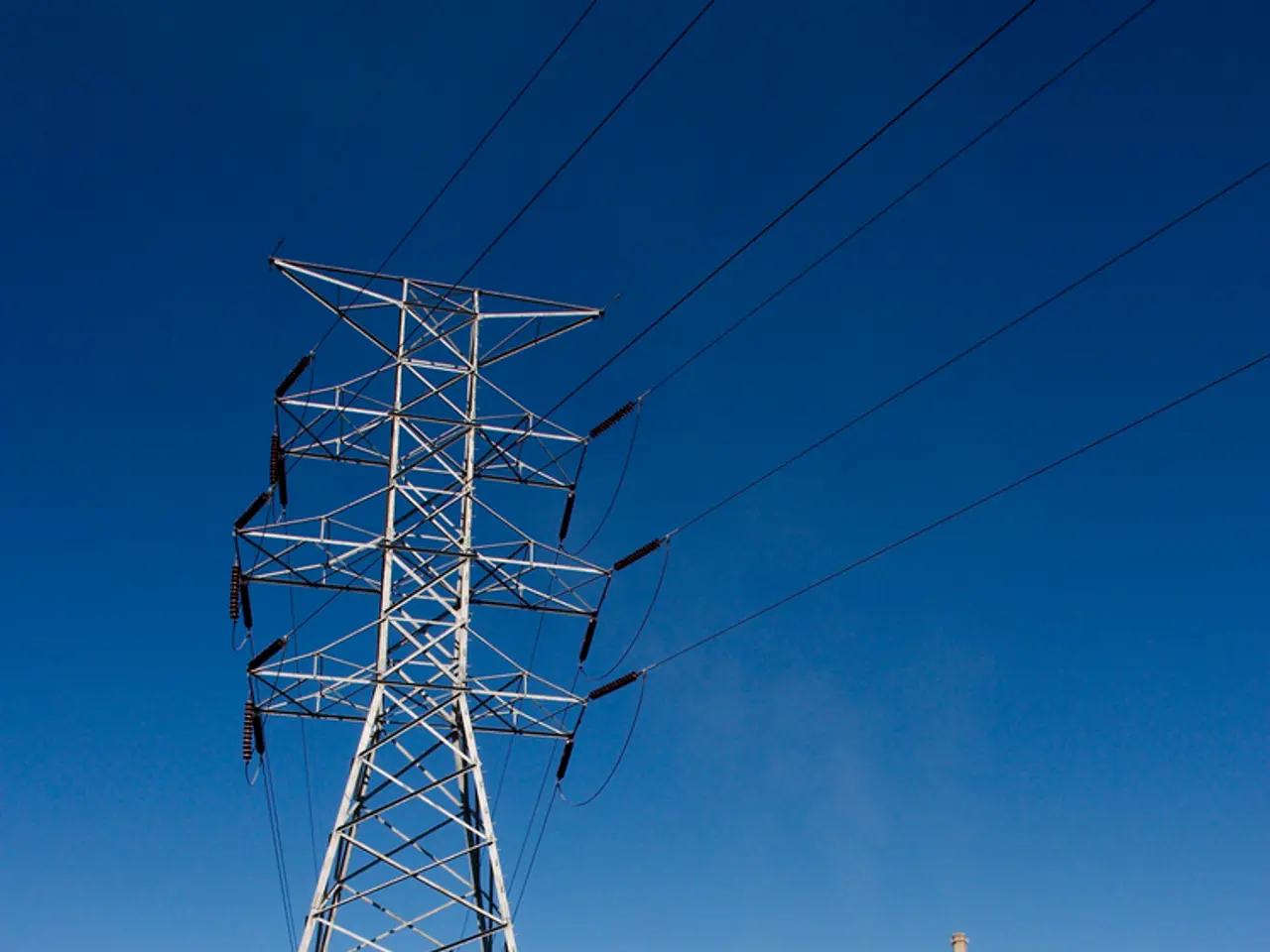EU Commissioner Urges Germany to Review Renewable Energy Act Post-Elections
EU Energy Commissioner Günther Oettinger has urged Germany to review its Renewable Energy Act (EEG) post-September elections. His primary concern is the impact of renewable energy on conventional power plant profitability, not unused renewable power.
The EEG law mandates the purchase of all renewable electricity, with minimal exceptions. Oettinger specifically targets priority grid access for renewables in this review. He believes a strategic mix of renewable expansion, incentives for flexible electricity use, and grid development can support Germany's climate targets and energy independence.
Spain's FIT+bonus system could serve as a compromise. It offers a low feed-in tariff, with grid sales determining profitability. However, revoking priority access for renewables could halt the energy transition if power companies refuse to purchase green power. Well-designed, Oettinger's proposal could instead encourage power storage and virtual power plants, facilitating the transition.
Oettinger's call for EEG review aims to balance renewable energy expansion with conventional power plant profitability. Post-election, Germany will consider reforms to accelerate wind and solar power expansion, increase grid flexibility, and ensure energy security and affordability. The energy transition's future depends on these decisions.
Read also:
- Tesla-powered residences in Houston create a buyers' frenzy
- Texas-based energy provider, TXU Energy, and automotive giant, Ford Motor Company, plan to lower the expenses of electric vehicle (EV) charging at home.
- Enhancing the framework or construction of basic facilities and systems for better functionality and efficiency.
- The quest for renewable energy sources leaves us questioning the consequences on our oceanic ecosystems.








